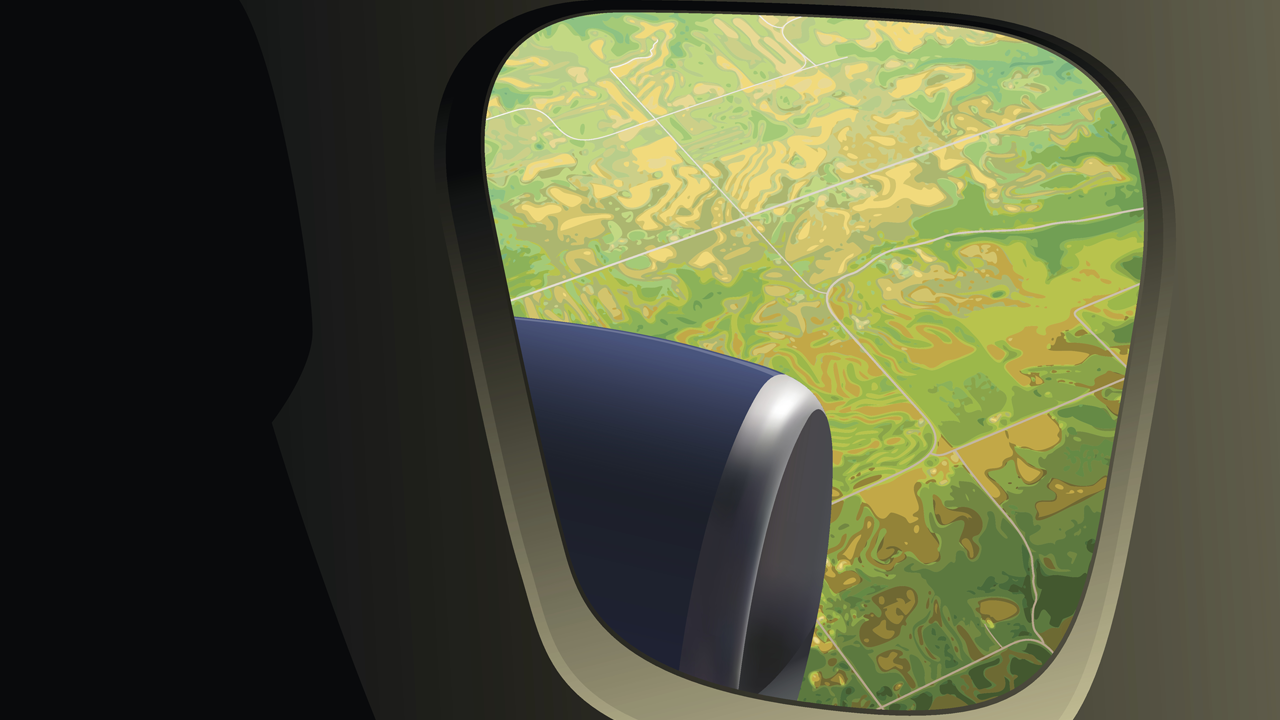
Groundbreaking research often leads faculty beyond campus and out into the world.
Whether it’s studying penguin populations in Antarctica or collecting rock samples in Turkey, international travel plays a prominent role in the pursuit of knowledge and discovery at the University of Minnesota. In 2013, U of M faculty took about 450 research expeditions to 85 different countries.
Are you a faculty member planning a research expedition outside the U.S.? The U’s Global Programs and Strategy Alliance has the information university faculty and staff need to prepare. Here are some key points to consider before you go.
Registering Your Trip
Register on the U’s Travel Registry before leaving. The university requires all faculty and staff to register any trip paid for by the U or done within the context of employment at the U. Trips to conferences, meetings and guest lecture opportunities all fall within this category, along with research funded, facilitated or supported by the university.
By keeping a registry of faculty and staff traveling internationally, the university can provide information and assistance to travelers and coordinate help for any faculty and staff in locations where emergencies arise. Recent emergency situations have included the violence in Israel and Gaza, and the Ebola outbreak in West Africa.
Traveling with Students
If your trip includes students, it’s up to you to ensure they meet the university policy requirements. These rules apply to undergraduate, graduate and professional degree students, along with research assistants, residents and fellows traveling for university purposes. Direct students to register their travel, which will facilitate compliance with policy and connect students with resources.
The U.S. Department of State maintains a list of travel alerts and warnings for countries deemed potentially dangerous to visit because of ongoing conflicts like wars, unstable governments or disease outbreaks. If you intend to lead students to one of the locations on this list, or otherwise high-risk locations as defined by officials such as the Centers for Disease Control and Prevention or the World Health Organization, ensure they gain special permission from the university’s International Travel Risk Assessment and Advisory Committee. Plan in advance, as the approval process may take six to eight weeks.
Equipment and Supplies
Researchers often depend on specialized instruments, but export controls in the U.S. and other countries may limit what items you can bring with you or ship to your destination. Before packing your lab’s equipment, review the export controls page. Be sure to also check for any country-specific regulations that may apply.
Export controls may affect items like:
- Animal and plant materials
- Art
- Certain kinds of technology
- Hazardous materials
- Laptops and other electronic devices
- Research or technical data
Research Policy
During your trip, you may find other cultures have different standards for written documentation, including with consent forms for research subjects. When this is the case, the university’s Institutional Review Board requires that you find an appropriate alternative and consult the country’s local equivalent of the IRB for approval. After that agency grants approval, submit this method to the U of M office for approval from the IRB. Remember that the U’s ethical standards for research do not change in these situations.
Contracts and Agreements
The U’s Office of Sponsored Projects Administration is responsible for administering both sponsored and unfunded agreements, contracts and grants involving collaborators abroad. Researchers and SPA may seek additional guidance from the Office of the General Counsel as needed for certain specialized international agreements. If you are considering including students as part of the activity, visit the GPS Alliance for information.
Learn more about regulations for traveling abroad and check out a collection of helpful resources at the GPS Alliance travel page.